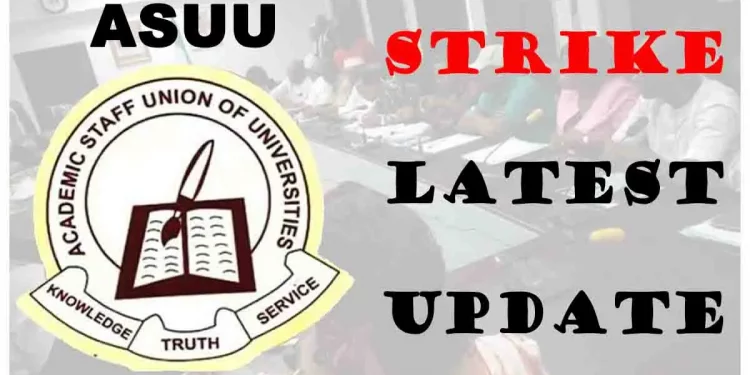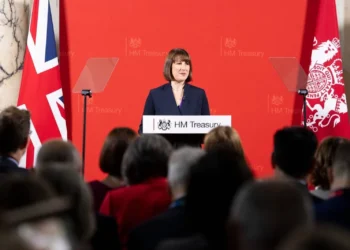ASUU’s demand for payment of the six months’ worth of salary arrears for the time its members were on strike has been criticized by the National Association of Nigerian Students as being “wicked, greedy, and callous.”
Clariform recalls that the academic union has made the demand part of its terms for ending the strike that it began more than six months ago.
Clariform also recalls that the Federal Government has previously reiterated its stance of “no work, no pay,” maintaining that ASUU had no justification for demanding payment for the time it was not working.
On Thursday, NANS stated that ASUU’s intention to obtain money for its members painted the union as pursuing a specific interest of its members while disguising its efforts to restructure the education industry.
In a statement made available to journalists in Ado-Ekiti, Sunday Asefon, president of NANS, said that while NANS had supported ASUU from the beginning of the strike, the current demand made by the lecturers on strike was disappointing and frivolous in addition to being the pursuit of specific interest.
The NANS chief warned the lecturers against acting in an employer-like manner even though they are only employees, stating that doing so violates the law.
He said:
“However, we condemn in totality, the insistence of ASUU on the payment of a six-month arrears salary for the entire period of the strike before they can call off the strike.”
“This demand is not only insensitive; it is also selfish, inconsiderate, and uncharitable.”
“The six months are periods of no work. As much as we encourage the government to pay their arrears irrespective, it is unfair to base the resumption of academic activities on full payment of the arrears.”
“We have also, unfortunately, noticed that since the beginning of the strike, ASUU had refused to put the students who are the major losers into consideration whatsoever. They have hidden from us the major areas of contention. Every other stakeholder, except ASUU, has met with us directly to discuss the issues.”
“ASUU had masqueraded some of their interests as the interest of tertiary education in Nigeria, and at some point masqueraded their interest as the interest of the students. We know that ASUU is less concerned about the interest of the students because of our experiences with them at our various tertiary institutions.”
“University authorities have used ASUU members and leaders to expel, suspend and rusticate students for merely protesting for improved welfare. They expel and rusticate students for protesting for basic needs such as water, power, habitable hostel accommodation, etc.”
“ASUU members arbitrarily failed students for questioning their positions or opinions and sometimes for asking too many questions. These same people cannot suddenly turn around to claim they are fighting for our interest, our interest they trample upon at every given opportunity at our various tertiary institutions.”
“We believe that if the government has met substantially major areas of their demand, ASUU should tread the path of honour by calling off the strike. We no longer believe that this continuous strike is fashionable, reasonable, justifiable, and necessary.”
The leader of NANS further explained that asking for six months’ worth of unpaid wages before ending the strike was comparable to “kidnappers demanding their ransom before releasing their victims.”
The union’s demands that it be paid its pay for the duration of the six-month strike, according to the Federal Government, had been alleged to be impeding negotiations as the Federal government had clearly stated that during the strike, members of the union would not be paid.
Emmanuel Osodeke, the president of ASUU, bemoaned the union’s members for not receiving paychecks in the previous six months.
He further charged that the federal government was using hunger as a weapon to pressure the lecturers on strike to resume teaching.
However, Mr. Osodeke asserted that the current administration could not use hunger as a weapon against the union members.












